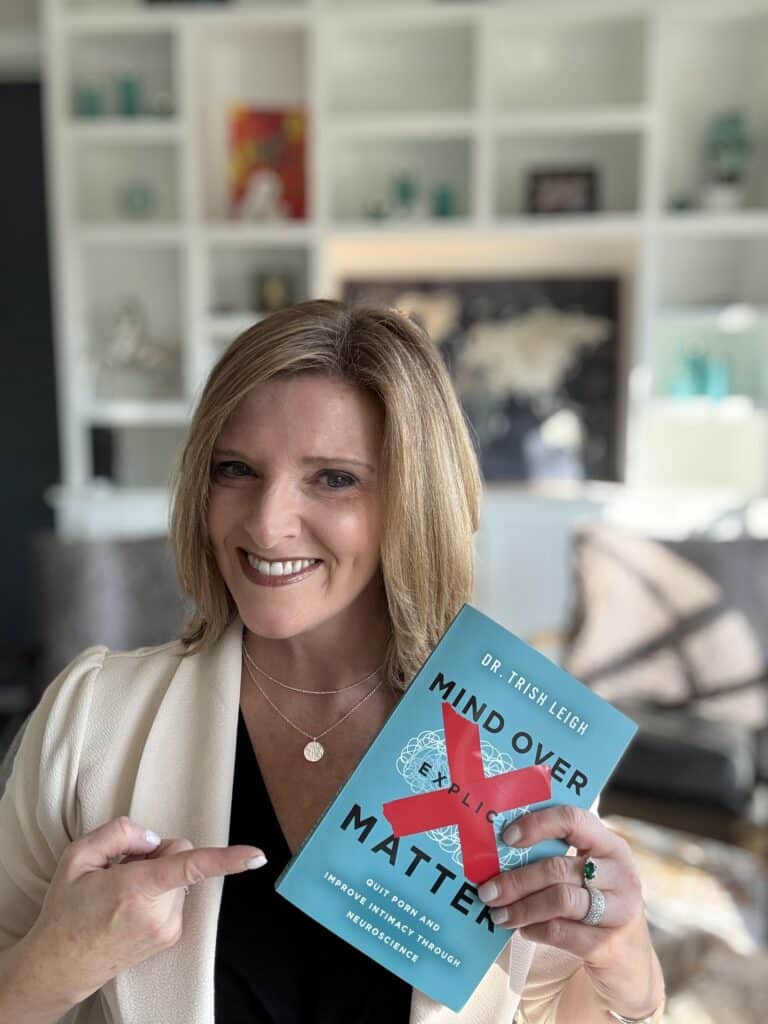Do you want to know how Neurofeedback helps during COVID-19? There are three main ways. They are fundamental in this uncertain time. The ways come together to improve your quality of life. It can be extremely daunting to stave off anxiety, stay focused and happy when chaos is reigning all around. I am incredibly resilient… and I feel it.
Neurofeedback Decreases Anxiety
A new study shows that Mental health issues have worsened during this COVID-19 pandemic. I think we all had a sense that our anxiety was increasing, but science shows that especially those who suffered from anxiety and depression before the pandemic are suffering much worse within it. Neurofeedback has been proven in many studies to reduce anxiety. Neurofeedback improves the manner in which your brain uses electrical energy. In doing so, it slows the brain down enough so it can respond during these tough times, instead of reacting. This can feel exponentially different on the inside for someone who leans toward anxiousness or depressive symptoms.
True, and Slightly Embarrassing, Story of Anxiety at the Grocery Store
It is an interesting time. I hardly go out these days, the introvert in me, but when I do… it stresses me out. I rarely feel stressed on the inside. While grocery shopping the other day, wearing my mask and almost melting to death because I had to check out 1 million items, the self check-out did not work to process my payment. This is a story for another day. I tried it again to no avail. As I looked around and didn’t see an employee, I pushed my cart over to customer service. The girl at customer service sent me to the self check out area. As I turned around, 5 employees were chasing after me because they thought I was stealing my very large cart full of goods for a family of 7.
This got me thinking. Everyone is on edge. On a regular day nobody would inherently think I was trying to steal $387.16 worth of groceries. But on the 2nd day of mandated mask wearing, that is where their mins went first. Hmmmhhh. It is a tough time. When I returned home, a little weary from the anxious trip, I vowed never to go out again until the world settles.
This is where Neurofeedback comes in. If you do Neurofeedback at home a few times a week, your brain doesn’t react in hypervigilant mode. It gives itself a minute to realize I probably need assistance, not the police.
Neurofeedback Helps You Sleep Better
After stressful days like that, no wonder it is harder to slow your brain down enough to get into and stay in sleep mode. I NEVER have problems sleeping. Well, at least until COVID-19 started. I seriously do not even feel stressed out, but it is impacting my sleep. I started to wonder if I will ever sleep through the night again. The main issue that negatively impacts sleep is hyperarousal of the brain through thinking and feeling. This hyperarousal keeps your brain on red alert so it doesn’t turn itself off to get a good night sleep. We also know that lack of sleep will crank up the red alert mode in your brain too. It becomes a negative feedback loop that keeps you tired and stressed.
Thankfully, I remembered I have the greatest resource in the world at my finger tips. Home Neurofeedback using our Brain Shift program at Leigh Brain & Spine. I have since been using my home app every other day. Neurofeedback decreases the hyperarousal within the brain so you can fall asleep easier and stay asleep throughout the night. Studies dating back to the 1970s show that Neurofeedback improves sleep. That is the second-way Neurofeedback can help you during COVID-19.
Neurofeedback Improves Focus and Productivity
I don’t know about you, but homeschooling my 5 beautiful children at the end of last school year was a challenge. I am not an alarmist so I didn’t get too stressed like many of the parents that I work with. However, With the high chance that I will be responsible for schooling them again next year, I am beginning to feel the stress, refer to the number one way Neurofeedback can help). It was particularly difficult for one of my kids to focus and use executive function skills to organize himself to get his work done. I have already vowed to be better at helping him for next year, but I am also going to require my precious ones to use Neurofeedback more often. Thousands of studies show that Neurofeedback improves attention, productivity, and even IQ. I will be using it like my life depends on it this Fall.


